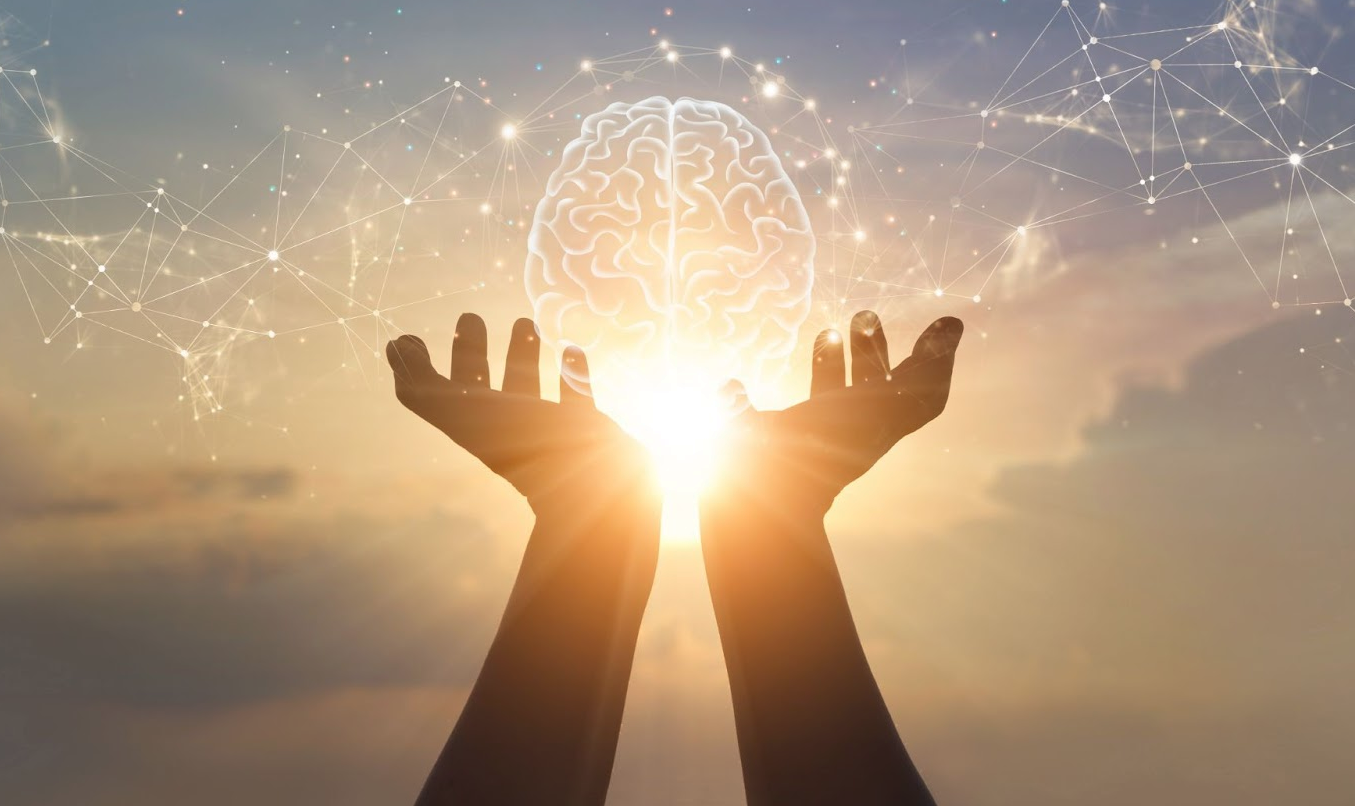
When we think of Vitamin D, our minds often go straight to bone strength or immune support. However, emerging research has highlighted another significant role of this nutrient: its impact on brain health. From stabilizing your mood to sharpening memory and protecting against age-related decline, Vitamin D is proving to be one of the brain’s unsung heroes, especially for women.
Let’s explore why this “sunshine vitamin” is critical for your cognitive well-being and mental clarity at every stage of life.
1- Brain Cells Have Vitamin D Receptors:
Vitamin D isn’t just circulating in your bloodstream—it’s actively used by your brain. Receptors for vitamin D are found in areas of the brain responsible for memory, planning, and mood regulation, including the hippocampus and prefrontal cortex.
This suggests that vitamin D has neuroprotective effects, supporting the growth of neurons and reducing inflammation that can damage brain tissue.
2- Mood and Emotional Balance:
Several studies have linked low vitamin D levels with depression, anxiety, and seasonal affective disorder (SAD)—a form of depression that occurs during the winter months when sunlight is limited.

A 2013 meta-analysis published in the British Journal of Psychiatry found a significant link between low vitamin D and depression.
Vitamin D helps regulate serotonin and dopamine, neurotransmitters responsible for feel-good brain chemistry.
Women are twice as likely as men to suffer from mood disorders, especially during hormonal transitions like postpartum and menopause. Vitamin D can offer natural support.
3- Cognitive Decline and Alzheimer’s Risk:
Low levels of vitamin D have been associated with an increased risk of cognitive decline, dementia, and Alzheimer’s disease.

A large study published in Neurology found that participants with low vitamin D levels had a 53% increased risk of developing dementia.
Vitamin D appears to reduce beta-amyloid plaques in the brain, a hallmark of Alzheimer’s. For women over 50, protecting brain health with vitamin D becomes even more critical, as the risk of dementia increases with age and hormonal changes.
4- Brain Development During Pregnancy:
During pregnancy, vitamin D helps with the neurodevelopment of the fetus, influencing brain structure and function.

Studies suggest that maternal vitamin D deficiency may be linked to delayed language development, behavioral disorders, and even autism spectrum disorders in children.
Adequate vitamin D during pregnancy supports both the mother’s mental health and the baby’s cognitive growth.
5- Signs of Low Vitamin D Affecting the Brain:
- Brain fog and forgetfulness
- Low energy or fatigue
- Depression or anxiety
- Poor concentration
- Sleep disturbances
If you’re experiencing these symptoms and haven’t had your vitamin D levels tested, it’s worth speaking with your doctor.
How to Get More Vitamin D for Brain Health
- Sunlight: Just 15–30 minutes of sun exposure on arms and face, 3–4 times per week.
- Foods: Fatty fish (like salmon and sardines), eggs, mushrooms, and fortified dairy or plant milks.
- Supplements: If you’re deficient or at risk (e.g., low sun exposure, darker skin, age over 50), a supplement of 800–2000 IU may be needed. Always test before supplementing.
A Brighter Brain Begins with the Sun

Vitamin D may not be the first thing that comes to mind when thinking about brain health, but it should be. From lifting your mood to defending against cognitive decline, this sunshine vitamin has a vital role to play in your mental wellness, clarity, and emotional resilience.
So take a mindful moment to step into the sun, fill your plate with nutrient-rich foods, and prioritize your brain’s natural glow from within.
Disclaimer
The Content is not intended to be a substitute for professional medical advice, diagnosis, or treatment. Always seek the advice of your physician or other qualified health provider with any questions you may have regarding a medical condition.
Disclaimer: This story is auto-aggregated by a computer program and has not been created or edited by healthlydays.
Publisher: Source link











